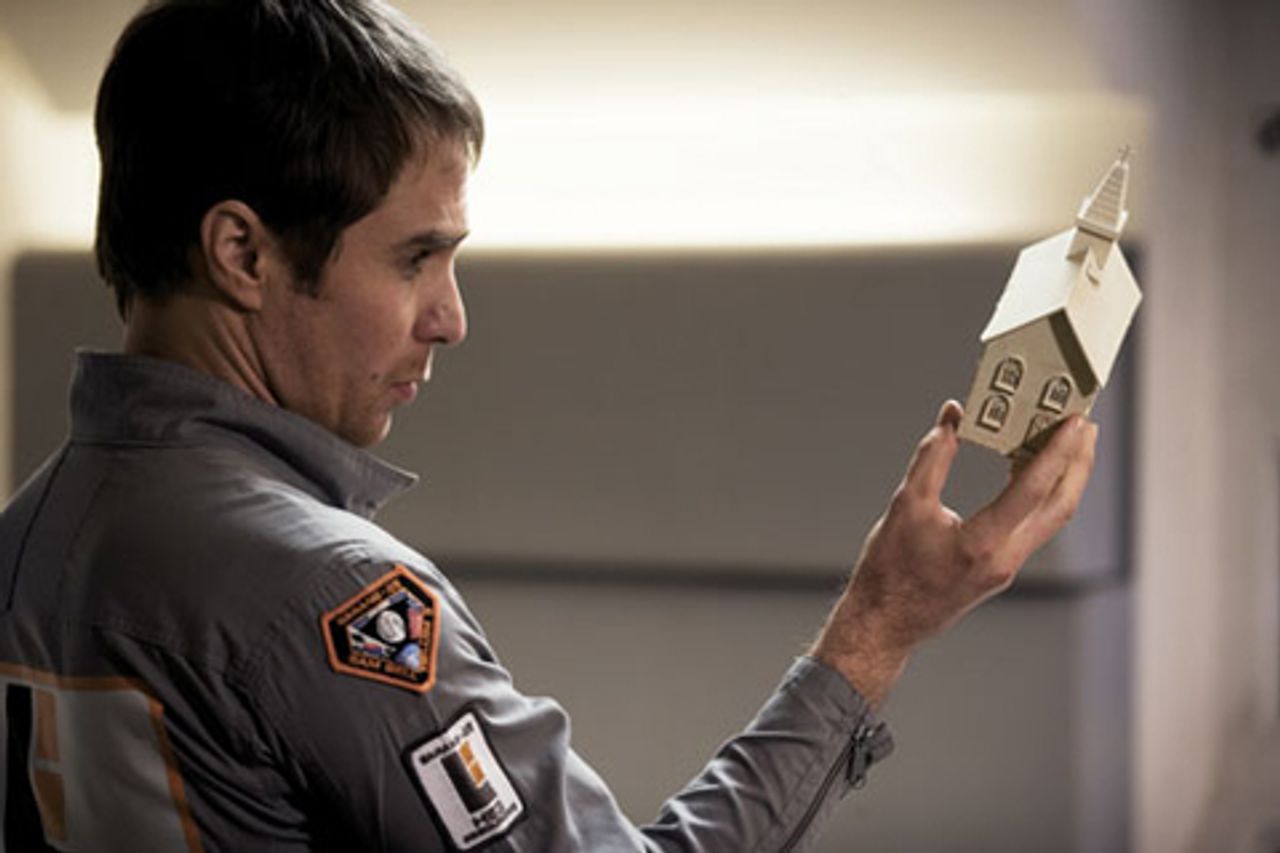After his emotionally powerful "Death Trilogy", Alejandro González Iñárritu has since left us to wonder what will be his next step. Enter "Biutful", an emotionally devastating and painful film that has, at least, shown what Iñárritu can do by relying purely on his own emotions as a filmmaker.
With this film sorely missing Guillermo Arriaga's powerhouse screenplays which have made his three previous films infinitely more special than they already are, Alejandro González Iñárritu, impressively, has never faltered in handling the film's dramatic eloquence as he guides it seamlessly both in how its story will unfold and how its emotional investments will pay off. What's also very commendable is how Iñárritu was able to tell an encompassing tale even when the very film itself is only limited through an almost singular (which is Javier Bardem's Uxbal) point of view.
If the films in the "Death Trilogy" were able to intimately portray mosaics of happenstance character interactions through multiple and overlapping subplots, "Biutiful's" approach is more simple but one that's still with a similar feel, with a lesser chance of having contrivances in its execution due to its more plain narrative structure. And by far, this may also be his most personal film.
Being dedicated to his father, "Biutiful" is not just a film that merely tells a thoroughly fictional tale made special by the abundance of gritty realism. Behind every emotions, actions, and decisions, those of which determine the fate of everyone in the film, Iñárritu is seemingly backing all of them up piece by piece with a love poem, fully manifested in the film's numerous scenes of poignancy, for his father and to the very beauty of redemption and personal peace. So touching and emotionally provoking this figurative love poem really is that in the end of the film, what one may feel is both sadness and transcendence; two aspects that we surely can find in an Alejandro González Iñárritu film.
The film tells the story of Uxbal (Javier Bardem), a weary man who, after being informed by a doctor that he is terminally ill, tries to fulfill his paternal role to his children to the fullest that he can, mend the emotional distance between him and his bipolar wife Maramba (Maricel Alvarez), and make his every actions matter as much as possible within the two-month time frame that he has left. What makes him even more on the edge, aside from the fact that he is dying, is his involvement in illegal dealings with two Chinese businessmen and his unusual gift of being able to talk to dead people.
In a sense, "Biutiful" might be what Clint Eastwood's "Hereafter" wants to be in the sense of how the former has successfully injected the tender yet tormented nuance of the afterlife. And also, maybe, "Biutiful" is the perfect antidote to Rob Reiner's extremely romanticized and sweetened take on terminal illness in the form of "The Bucket List". But then, none of this would have been that possible if not because of the actors involved.
With tour de force performances by Javier Bardem, who has never looked so emotionally vulnerable and physically weak on film, and Maricel Alvarez as his wife, scenes flow easier and more naturally that it has heightened the film's sense of brutal honesty regarding the usually painful fact of life of having so much to do with so short a time. But aside from this vibrantly existential vibe, "Biutiful" also tackles the more alarming issues of abusive blue-collar exploitation and illegal settlements on foreign lands, but not in the form of a subdued social commentary. Instead, they have been turned into subplots which make up not just the very soul of the story and of Uxbal himself but also a very potent and pungent portrayal of life's numerous social truths.
Playing a playboy painter who leads a bohemian life in Woody Allen's "Vicky Cristina Barcelona", here in "Biutiful", Javier Bardem now portrays a man living on the, I'm clinging on a cliche here, edge of society desperately trying to be the best father, husband and person that he can be amid the surrounding poverty. Through these dichotomous performances in both films, Javier Bardem has exposed the extremes of Barcelona in terms of human existence, with the latter one shining forth within Iñárritu's masterful directorial hands.
To be a bit personal, my affinity towards Alejandro González Iñárritu's films started with my initially perplexed reaction to his film "Babel" (the last film in his "Death Trilogy" but is, ironically, his first film that I have seen), with that slow pacing, raw performances and ethereal musical scoring by Gustavo Santaolalla. Then followed up by "Amores Perros", "21 Grams", and a further "Babel" rewatch, I think it's just apt to say that his films are the ones that have truly introduced me to the emotional complexity of cinema. And after seeing "Biutiful", a film with an intensely beating heart, I reminisce the trilogy, and again, I'm hearing the guitars.
FINAL RATING









